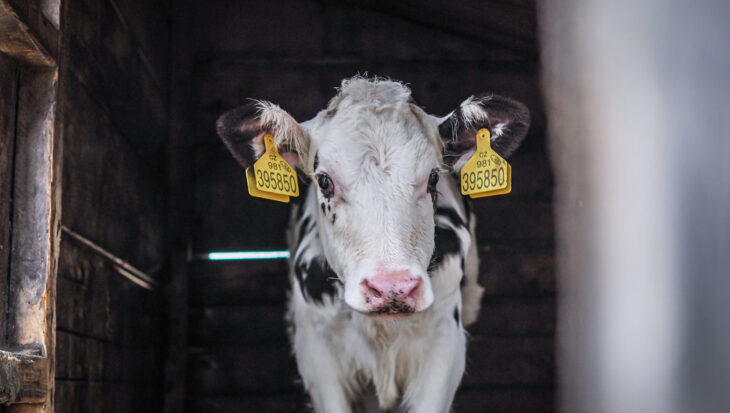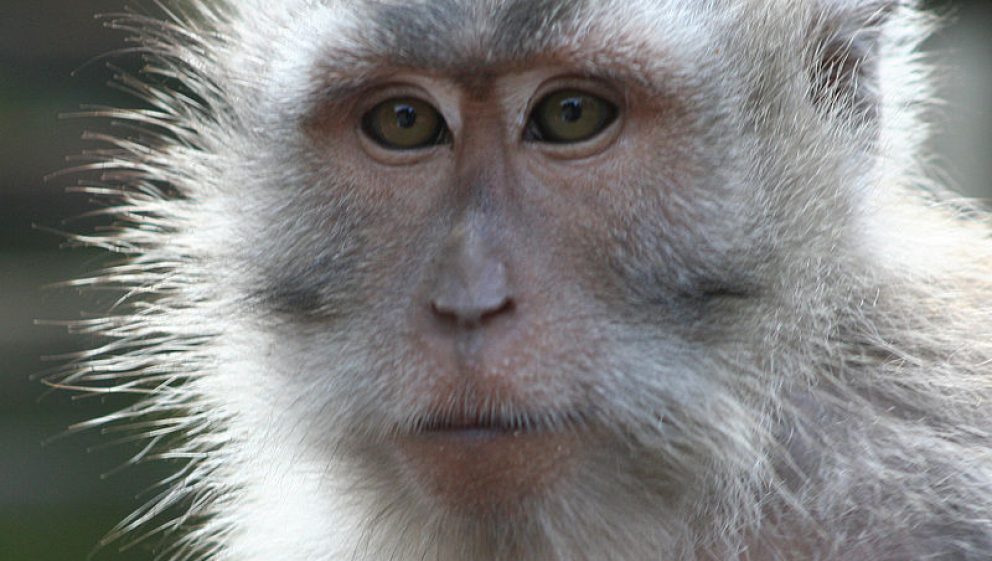An investigation by the British Medical Journal (BMJ) into work by Oxford University researchers has uncovered terrible experiments on animals and has led to The Times newspaper stating, ‘Oxford University academics have been accused of misrepresenting unfavourable test results to get permission and funding for human trials of a potential vaccine against tuberculosis’ (TB).
The experiments involved the existing vaccine for TB, called BCG, and a new vaccine. The animal element of the ‘research’ involved mice, guinea pigs, cattle and monkeys. The primate work was conducted at Porton Down and vaccine trials were conducted overseas in humans. The Times reported how ‘In 2006, 16 macaques were given the BCG alone, the BCG in combination with the new vaccine or nothing before being exposed to TB. None of the unvaccinated monkeys survived, and four out of six given the BCG alone survived. Only one of six given the two vaccines survived’.
The BMJ unearthed concerns that ‘researchers, from Oxford University, used the results of animal studies selectively to gain funding and approval for human trials, publicly relying on claims that animal studies had shown the new vaccine to be protective while privately playing down or dismissing unsupportive experiments as “failed” or irrelevant’. The BMJ also cites a number of failures of preclinical (animal) research, which include ‘selective reporting of results driven by pressure to obtain funding and ethics approval; failure of regulatory, ethical and funding bodies to understand or to pay sufficient attention to animal research’.
The BMJ cites one academic who stated:
‘It’s widely recognised that animal studies intended to support drug development are often riddled with flaws in design and reporting’.
The BMJ paper also asks whether parents of the babies in the human trials were misled, reporting an opinion that ‘communities in which the trials were done are poor’ and that ‘people are eager to participate in studies, hoping to receive beneficial treatments that would otherwise not be available’.
Time and time again, when challenging animal research, we are told that regulation is robust and that this is cutting edge science. It would seem, as we know only too well, that this is not the case. Animals should never be used in research. Not only is it scientifically unreliable, it is also morally indefensible – it not only robs animals of their lives, it can also give desperate people false hope.


